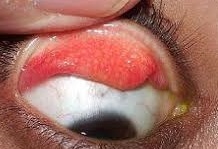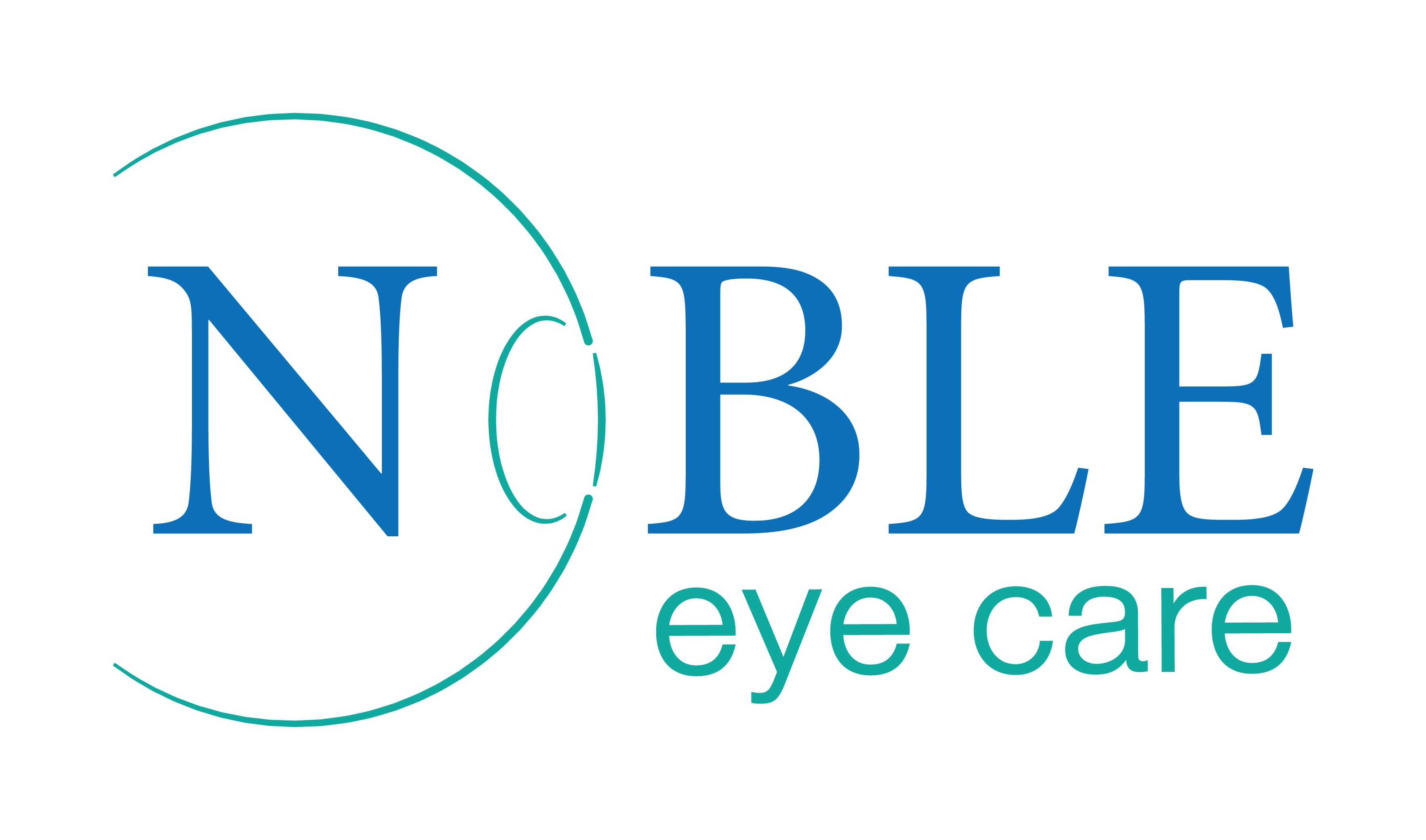What is eye allergy?
Eye allergy are manifestations seen in the eye as a result of reaction to an environmental or internal agent whereby there are itchy watery sticky eyes. It may be associated with other allergies in the body.
What are the factors which cause eye allergy?
Eye allergy is caused by the exposure of the body to certain allergens. These could be outdoor allergens, such as pollens from grass, trees and weeds or indoor allergens such as pet fur, dust mitesm molds, cigarette smoke, perfume etc. In this increasingly polluted world with high levels of suspended particulate matter in the air, eye allergy in children is very common.
How does eye allergy present?
Eye allergy may present in the form of itching (which causes the child to rub the eyes often), burning sensation, frequent blinking, redness, sticky mucoid clear discharge and blurring of vision. Sometimes it may be associated with swelling of the eyelids or whitish spots appearing around the black cornea. Eye allergies could either be seasonal (generally seen in the hotter months and called spring/summer catarrh) or perennial (non-seasonal, associated with air borne contact dermatitis or allergy to some specific item etc).

Can an eye allergy hamper eyesight?
In severe forms, the allergies can affect the cornea and cause development of astigmatism. The cornea (clear outer layer of the eye) may become white or change shape and become conical or get thinned out if the child rubs the eye very frequently. These can cause reduced vision.
How is eye allergy treated?
Eye allergy is diagnosed clinically and does not need any investigations in most cases. Treatment involves avoidance of the inciting agent, use of cold compresses over eyelids, eye drops and rarely oral medication. Additionally, many of the children with long term allergy require glasses. Eyedrops used for allergy involve steroids, antihistamines and lubricants. Unfortunately injudicious use of steroids can cause several eye problems such as development of cataract and glaucoma. Therefore, it is important to not self-medicate and go to a eye specialist for treatment. Seasonal allergy is a recurrent problem and may often require repeated or long term treatment. If parents recognize and treat allergy at an early stage, then most complications can be avoided.
![DigvijayProfile[1]](https://drdigvijaysingh.com/wp-content/uploads/2017/11/DigvijayProfile1.jpg)
